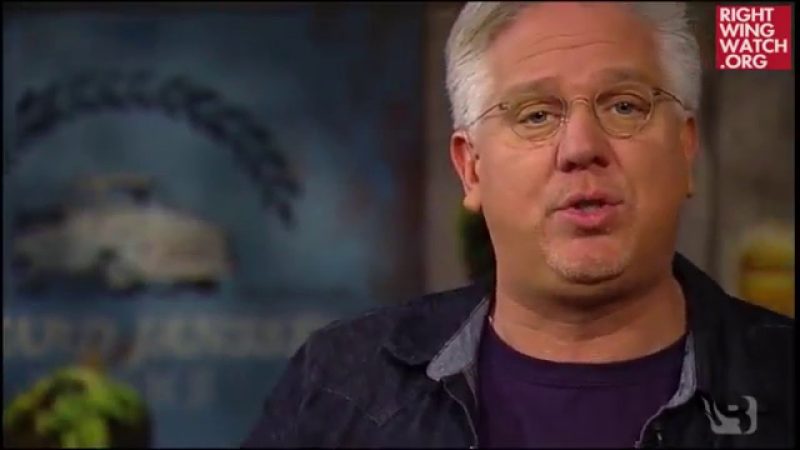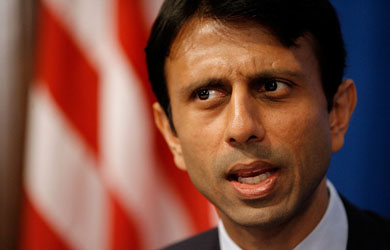Writing in Charisma Magazine, Harry Jackson tells how, a few years ago, he was diagnosed with esophageal cancer and the insurance nightmare and massive out-of-pocket expenses he faced as a result:
After that initial prognosis, we had a constant tug of war between my family and the insurance company. The insurance company dictated the location of my tests and their costs. This did not seem overbearing until my first chemo treatments were called “experimental” and nearly $10,000 of expenses were racked up in less than two weeks by various additional, preliminary procedures.
It seemed to us that during the first month of my treatment, more hours were spent working on the nuances of the insurance puzzle than actually treating me. My problem was that postponement or denial of treatment meant possible death. I, like thousands of others, could not have survived a six-month delay of the special care Hopkins offered. In fact, if I had been treated at a different local hospital, I would probably not be writing this article. I would not have died from cancer, but of a lack of timely medical attention.
Hopkins eventually assigned a team of five doctors to manage my case because of the danger and the complications that ensued. The rationed healthcare approach of a government funded healthcare system would have undoubtedly blocked my last chance for survival. I cannot help but feel concern for the thousands of others who will be caught in the same position in the decades ahead.
Today, I am cancer free and am expecting to live a long and meaningful life. The cost of this new lease on life was approximately $100,000 of unexpected personal costs beyond traditional medical costs. The out-of-pocket costs for special food, clothing and preventive health treatments were huge. These numbers also don’t begin to reflect the loss of both opportunity and income that the disease inflicted upon my family. The perfect healthcare system for me would give both patients and physicians great latitude of treatment.
Jackson says that “after reading my story, you will understand my passion about healthcare” … and we would if he used his personal experience to, say, argue for the need for health care reform of the sort that President Obama is advocating which seeks to alleviate many of the problems faced during his treatment. Or, if not that, as least use his experience to make his case against those sorts of proposed reforms.
But he does neither, instead using it as a springboard to demand that no coverage for reproductive services be included in any reform legislation:
The funding of abortion with tax dollars is a moral concern, which should incite pastors and spiritual leaders around the world. Current proposals would require U.S. taxpayers to fund, mandate or subsidize coverage for various healthcare services – including abortion on demand. As an employer of over 60 people, I face the real possibility of having to use tithes and offerings to pay for abortions. This is a moral quagmire for pro-life believers.
If you and I do not demand Congress to remove abortion coverage from the legislation this year, abortionists will win a huge cash infusion of millions of tax dollars to fuel their activities.
What connection do Jackson’s own health insurance problems have to do with the issue of inclusion of coverage for reproductive health services in reform legislation? None, so far as I can tell.
And apparently Jackson doesn’t know either, because he ends the piece with his own vague call for reform:
We all agree that reforms are needed to the system. I am convinced though that the system we choose must heal two entities – the physicians and patients. Somehow that miracle needs to happen without the government or insurance companies taking us to the cleaners.
Apparently, hoping that “somehow [a] miracle” will transform our health care system is the best Jackson can come up with.








